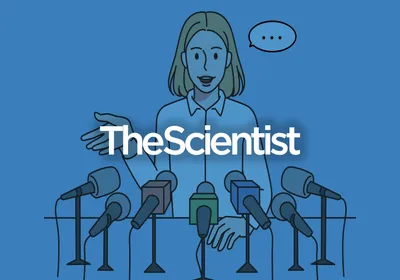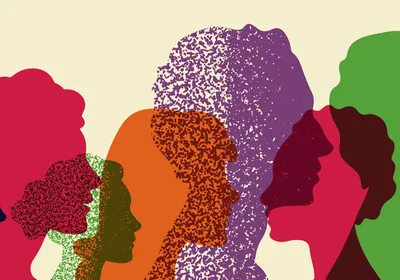 ALEJANDRA RULEYA lifelong science enthusiast, Alejandra Ruley is eager to show support for the scientific community in Houston, Texas, where she has lived for 15 years. A native of Argentina, Ruley’s connection to science comes from her own experience living with a mysterious illness since she was a young child. Only in 2014 was she given a diagnosis—an unspecified mitochondrial disorder. Last year, she was also diagnosed with complex regional pain syndrome.
ALEJANDRA RULEYA lifelong science enthusiast, Alejandra Ruley is eager to show support for the scientific community in Houston, Texas, where she has lived for 15 years. A native of Argentina, Ruley’s connection to science comes from her own experience living with a mysterious illness since she was a young child. Only in 2014 was she given a diagnosis—an unspecified mitochondrial disorder. Last year, she was also diagnosed with complex regional pain syndrome.
“As a child with a complex, undiagnosed condition, I became fascinated by medical science,” she wrote in an email to The Scientist. “For nearly 30 years, I saw numerous doctors in an attempt to figure out the mystery. . . . Although frustrating, this has been an amazing journey that has led me to meet some of the brightest minds in our community.”
The Scientist: What initially led you to organize a satellite March for Science in your city?
Alejandra Ruley: Somebody shared the March for Science DC link on my Facebook timeline. I was still outraged about reports of a gag order on the EPA [Environmental Protection Agency] . . . and other government agencies, and this gave me hope. . . . I ...

















